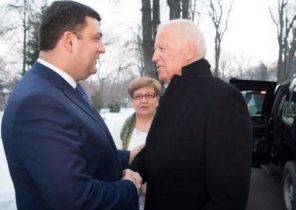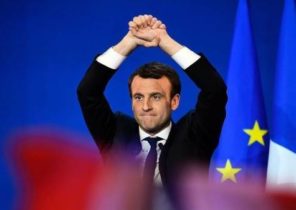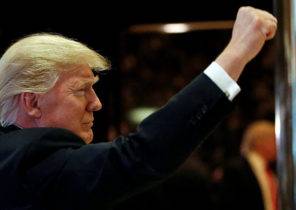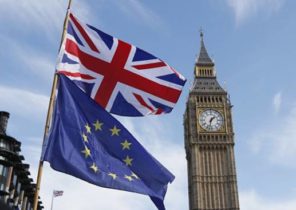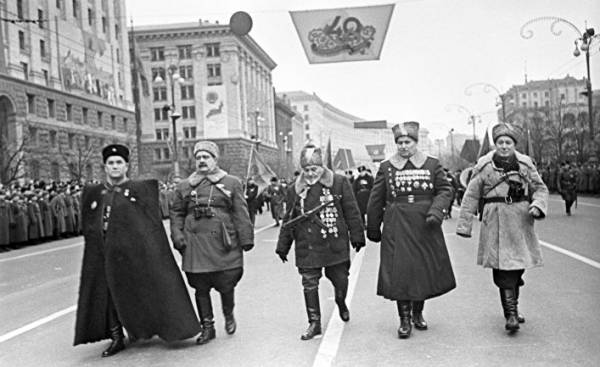
June 22 date, without exaggeration, a turning point in world history. On the one hand, this is the beginning of perhaps the most violent period in the history of the Second World war, on the other, if we evaluate it from the standpoint of global history — the beginning of the end, one of the most brutal regimes of the last century and the first stage of formation of the bloc of States opposed to the free world. Such paradoxical historical watershed.
In the history of the Soviet Union this period of history has entered as the beginning of the great Patriotic war of 1941-1945. In the historical policy of the USSR, consciously stress the word “policy”, namely the Great Patriotic war stood alone: the role of the Soviet people and its suffering was emphasized in textbooks, in museums, in literature, film and theater.
Of course, not bypassed the party and the curriculum — an ordinary Soviet schoolboy could not know that the Second World war began two years earlier — in 1939, he was not told about the disaster of Poland and France, about the Anschluss, about the true reasons for the elimination of the state of Czechoslovakia, Belgium, the Netherlands, he could not hear anything about the battle of the British in North Africa and the Italians in Libya and Albania, it went past the battle of Britain and certainly kept it from stories about the Holocaust (impact of the difficult relations between the USSR and Israel, anyway to single out people, even the victim was not in a trend).
However, this student was required to know by heart the feat of the Brest fortress, the battle for Moscow, and about the heroic defense of Stalingrad, on the Kursk bulge, the Chisinau-Iasi operation, all this abundant propranalol cheap popular myths about certain manifestations of heroism. When it comes to how fascist forces were on the outskirts of Moscow, Soviet historians attacked deep amnesia. Breakthrough of defensive lines, destruction of aircraft directly at the Soviet airfields, the infamous “pot” the first months of the war, the surrender of Kiev, Minsk, Kharkov, hundreds of other smaller cities, the surrender of the Odessa region, the Baltic countries — all this left over fat of the equation of historical narrative.
Naturally, this approach to education has formed a distorted picture of the world, but provided the correct ideological approach and the education of youth “in the spirit of patriotism,” providing the Soviet state machine the loyalty of new generations of citizens, arousing the pride of the country in which the ordinary citizen living in complete isolation, lacking for absolutely everything. The following picture emerges, if we consider the situation from one side.
On the other — millions killed on the fronts, razed cities and villages, millions of dead and maimed civilians, the Holocaust, tens of millions of ruined lives and post-war reconstruction of the country, bordering on heroism. Each element of this chain, if we consider it through the prism of the common man, is worthy to remember about it and pay tribute to the people failed themselves to defend their country, to drive the invaders from their land and destroy one of the worst regimes on earth. Moreover, if we talk about modern historical politics, which is characterized as rather difficult, at least ought to pay tribute to the millions who died in this slaughter of the Ukrainians.
That is why today, talking about school and educational programs, should think how our children and grandchildren will look back on this period in history, what they remember and how to interpret historical events. Will they remember and be proud of millions of his countrymen, who fought in four Ukrainian fronts? Remember in 10 years about the hundreds of thousands who fought in the partisan units? Whether to remember, without exaggeration, the Herculean labor of workers of the back, and finally, whether given a tribute to the more than two thousand of the righteous who saved Jews during the Holocaust? Looking at, to put it mildly, strange and one-sided modern historical policy I have no such confidence.
The creators of modern historical “Temnikov” managed to surpass even Soviet ideologists — if those of the Holocaust did not exist because of the complex and sometimes hostile relations with Israel, the modern “creators of the policy of national memory” of the Holocaust also departs on the second plan, since the main place of the martyrs in the Ukrainian Pantheon, a priori, should be given to the fighters for Ukraine’s independence — that is, the OUN-UPA (extremist and banned in Russia organization — approx. ed.). Of them made infallible superheroes, unfairly forgetting about the millions of Ukrainians who fought in the ranks of the red army, labeling them for the young generation almost invaders. This approach, in addition to the historical inaccuracies and controversional lays time bomb for future generations. That’s by default laid section of Ukrainians into two parts — supposedly fought for the Motherland and fought in the alleged “occupation” by Soviet troops. Thus from the story completely fell collaboration, units of the Ukrainian auxiliary police, whose members sometimes joined the ranks of the UPA and also the delicate question raised by the President of Israel Reuven Rivlin during a speech in Parliament last year on the role of individual Ukrainians in the Holocaust.
On the other hand, unjustly forgotten for more than two thousand Ukrainians who saved Jews from persecution, hid them, risking their lives and the lives of their children. Where is their place in the modern picture of the past, in the so-called “policy of historical memory”, to the implanted top? For example, where the Museum or even a detailed retrospective of the unique fact of existence during the Second World war the whole village, which was saved all the Jews. I’m talking about the village Yaruga, in the Mogilev district of Vinnytsia region (Hebrew name — Yare). Who but specialists remember about this fact. Or where the memory of the then mayor of Chernivtsi Traian Popovich, who was saved from death almost 19 thousand Chernivtsi Jews. Or the story of 14-year-old Fyodor Mikhailichenko, who saved the future chief Rabbi of Israel, the legendary Rabbi Meir Lau. But it is their example of heroism of the common man, respect and compassion, courage and courage, and often of self-sacrifice could, and would have to be a meaning-making for national memory. I think this is to think always. But especially on the day of memory about the beginning of the bloodiest war on this earth. We pray that this nightmare will never happen again. Give us peace, o Lord.
Albert Feldman, Director of the Israeli Institute for strategic studies named after Golda Meir.



